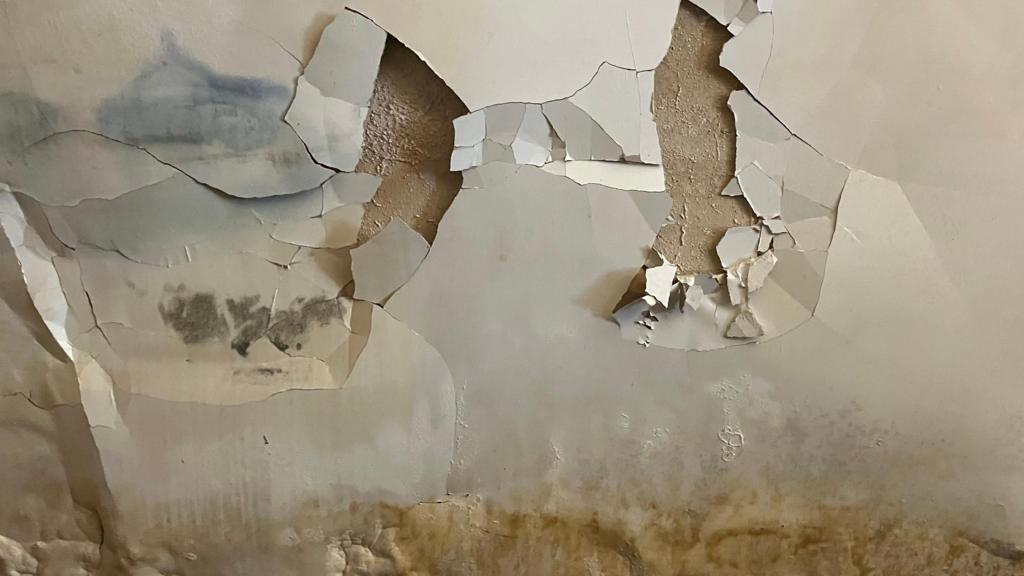A UK government official has characterized a flawed net zero initiative, responsible for damp-related issues in thousands of residences, as the result of “serious failings at every level.”
Last month, the National Audit Office (NAO) issued a report stating that, without intervention, 98% of the 23,000 homes where external wall insulation was installed under two separate programs are likely to develop damp and mold problems.
The NAO’s critical assessment also revealed that improper insulation work had immediately endangered the health and safety of hundreds of homeowners.
Jeremy Pocklington, the top civil servant at the Department for Energy Security and Net Zero, appearing before Parliament, deemed the shortcomings “unacceptable.”
These schemes typically employed external wall insulation, involving the attachment of insulation boards to exterior brickwork, followed by a waterproof rendering. Problems arise when water becomes trapped behind the boards.
The damage also extends to roughly one-third of homes that received internal insulation under the ECO4 scheme and the Great British Insulation Scheme, available to residents in England, Scotland, and Wales.
Over the past 20 years, more than three million homes have been insulated under various government initiatives, involving billions of pounds in public funds.
Addressing the Public Accounts Committee, Mr. Pocklington began his testimony by expressing sympathy for the affected families and households.
Sir Geoffrey Clifton-Brown MP, chair of the Public Accounts Committee, described the NAO report’s findings as the “worst” he had witnessed in his 12 years as chair, and accused the department of negligence.
Mr. Pocklington attributed the poor oversight of the ECO4 and Great British Insulation Scheme to Trustmark, the organization responsible for monitoring the quality of the insulation work.
However, he conceded that the department “did not oversee these schemes in the way that they should have done.”
Independent MP Rupert Lowe characterized this as a “systemic failure of a government department.”
Acknowledging this, Mr. Pocklington stated that “there are serious failings at every level of the system that are systemic,” and that the department “didn’t take enough steps to ensure that Trustmark was set up to deliver appropriately.”
Simon Ayers, the chief executive of Trustmark, previously informed the panel of MPs that his organization had raised concerns about faulty installations with the Department for Energy Security and Net Zero from late-2022, but these were “informal operational meetings,” and no minutes were recorded.
Mr. Pocklington explained that the department had been under strain due to managing the Covid pandemic and the impact of the war in Ukraine on energy prices.
Labour MP Clive Betts questioned Mr. Pocklington about whether the department would accept responsibility for all homeowners “badly treated” under all of the government’s energy efficiency schemes, not just those implemented since 2022.
Mr. Pocklington responded that the focus was on the two schemes initiated since 2022.
When asked by Mr. Betts if the government would “stand behind” affected homeowners, Mr. Pocklington stated that the government’s responsibility was “to ensure that the schemes we put in place operate effectively and that there are appropriate systems of consumer protection in place.”
The government is betting on a new generation of ‘mini’ nuclear power stations.
More than 140 acres of council-owned agricultural land in Chickerell is earmarked for a solar farm.
Countries are gathering for the annual UN meeting on how to tackle climate change.
Jersey’s government says motorists will be able to use their existing petrol and diesel vehicles.
Douglas Council has bought 7 electric vans, meaning that 8 of its 68 vehicle fleet are electric.

